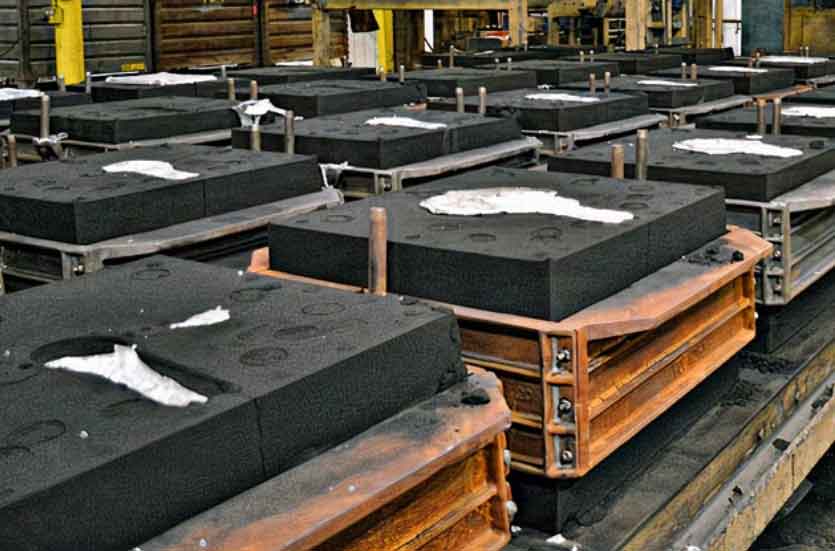
Resin sand casting is a widely used manufacturing process that offers several advantages in modern manufacturing. Here are some key advantages of resin sand casting:
- Versatility: Resin sand casting is a versatile process that can be used to produce complex and intricate parts. It can accommodate a wide range of part sizes, from small components to large castings, making it suitable for various industries such as automotive, aerospace, and industrial machinery.
- Cost-effective: Resin sand casting is a cost-effective manufacturing method, particularly for low to medium volume production runs. The tooling costs are relatively lower compared to other processes like die casting or investment casting. It allows for the production of prototypes, short runs, and large-scale production with minimal upfront investment.
- Design flexibility: With resin sand casting, designers have greater flexibility in creating complex shapes and features. The sand molds used in the process can be easily modified, allowing for design changes without significant cost or time implications. This flexibility is particularly advantageous for the production of custom or one-off parts.
- Wide material selection: Resin sand casting can accommodate a wide range of materials, including various types of metals and alloys. This versatility enables manufacturers to select the most suitable material for the desired properties and performance requirements of the final product.
- Excellent surface finish: Resin sand casting can produce castings with excellent surface finish and dimensional accuracy. The high-quality molds used in the process result in smooth surfaces and minimal surface defects, reducing the need for additional finishing operations. This advantage is crucial for applications where aesthetics or tight tolerances are important.
- Enhanced part strength: The use of resin as a binder in the sand molds enhances the strength of the mold and reduces the likelihood of mold-related defects such as sand erosion or mold cracking. This results in castings with improved structural integrity and dimensional stability.
- Environmental friendliness: Compared to other casting processes, resin sand casting is relatively environmentally friendly. The sand used in the molds is recyclable, reducing waste generation. Additionally, the resins used as binders are typically non-toxic and do not release harmful fumes during the casting process.
- Shorter lead times: Resin sand casting offers shorter lead times compared to other casting processes like investment casting. The molds can be prepared relatively quickly, allowing for faster production turnaround times.
It’s important to note that resin sand casting also has some limitations. The process may not be suitable for high-volume production due to its slower cycle times compared to other casting methods. Additionally, the size and weight limitations of resin sand casting should be considered when selecting the appropriate manufacturing process.
Resin sand casting provides a cost-effective and versatile solution for manufacturing complex parts with excellent surface finish and dimensional accuracy, making it a valuable option in modern manufacturing.
